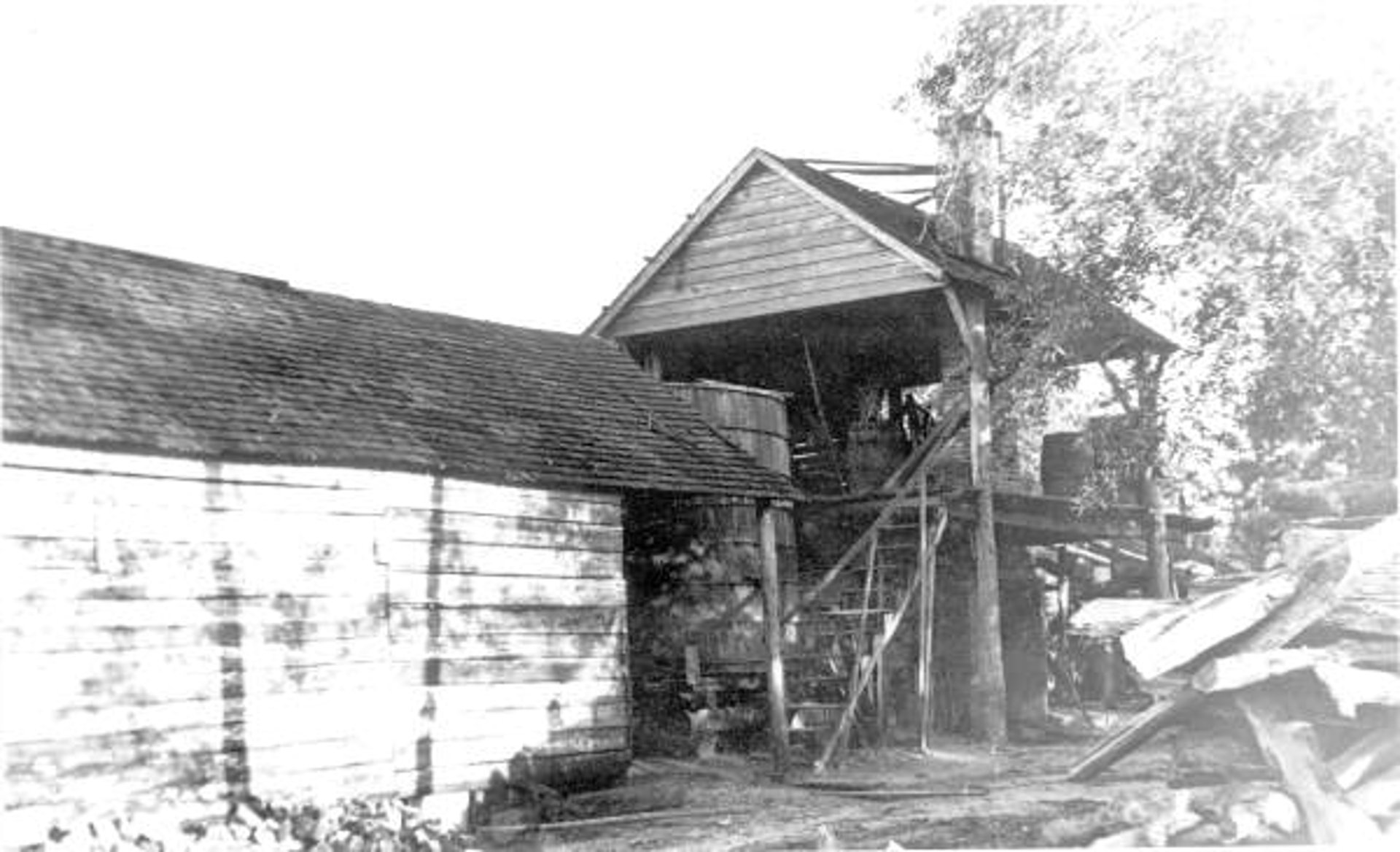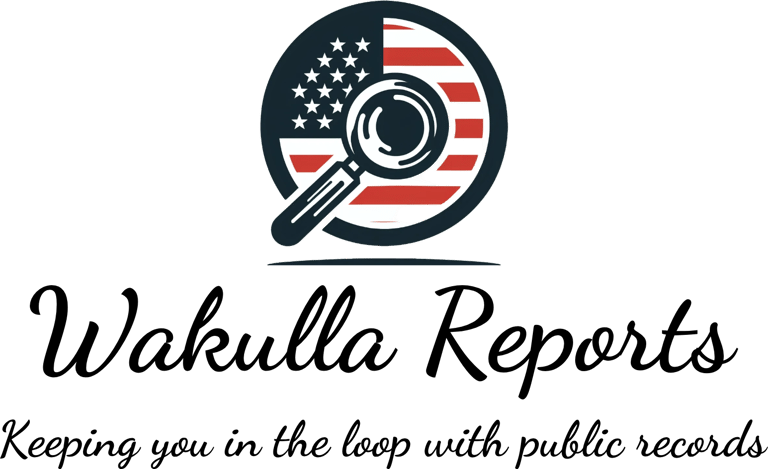Wakulla County Landowners: Know Your Rights When the Government Wants Your Land
Wakulla County landowners facing eminent domain are entitled to fair compensation and protections when the government takes their property for public projects like roads or utilities, but they must know their rights to avoid being shortchanged. Wakulla Reports explains the process and key cases, urging taxpayers to stay vigilant for fair treatment and transparency.
DEVELOPMENT & INFRASTRUCTUREMONEY & FINANCETOOLS YOU CAN USE2025
The Land Baron
6/25/20253 min read


Wakulla County taxpayers, ever wonder what happens if the county wants your land for a road, sewer line, or public park? It’s called eminent domain, and it’s the government’s power to take private property for public use—but only if they pay you fairly. Here’s your FYI on what landowners are entitled to, how the process works, and why it matters, so every citizen can stand up for their rights and keep the county honest.
What Is Eminent Domain?
Eminent domain lets the county, state, or even utilities take private land for projects that benefit the public, like highways, schools, or utility lines. In Wakulla, this could mean land for a new road or sewer system. The catch? The Fifth Amendment and Florida Constitution say the government must pay “just compensation” and prove the project serves a public purpose. Florida law (Chapter 73) adds protections, ensuring your land can’t be taken for private developers’ profit—like fancy malls—unless it’s for utilities or blight cleanup.
Here’s how it works:
The county picks your land for a project and sends an appraiser to value it.
They offer you a price based on “fair market value”—what your land could sell for, considering its best use (e.g., commercial potential).
You can negotiate, hire your own appraiser, or reject the offer.
If you can’t agree, the county files a condemnation lawsuit, and a court decides the price. You can challenge if the project isn’t truly public.
Once settled, you get paid, and the county takes the land or an easement (a right to use part of it, like for pipes).
What Are You Entitled To?
If the county wants your land, you’ve got rights:
Fair Payment: You’re owed the land’s fair market value, based on recent sales of similar properties. If only part is taken (e.g., an easement), you can claim “severance damages” for harm to the rest—like if it’s harder to build on. You’re also due money for buildings, fences, or other improvements, plus “consequential damages” if the project (say, a noisy road) hurts your remaining land’s value.
Extra Protections: If the county takes your land without proper steps or damages it (e.g., flooding from a project), you can sue for “inverse condemnation” to get paid. Florida law makes the county cover your attorney fees and expert costs (like appraisers) if you go to court, so you’re not out of pocket fighting for what’s fair.
A Say in Court: You can challenge the taking if it’s not for a public purpose (e.g., giving your land to a private company) or if the offer’s too low. You’re entitled to see the county’s appraisal and get clear notice of the project.
No Private Giveaways: After a controversial 2005 Supreme Court case (Kelo v. City of New London), Florida banned taking land for private development unless it’s for utilities or to fix blighted areas. Your land can’t be grabbed for someone’s shopping center.
Real-World Lessons
Court cases show how these rights play out:
Kelo v. City of New London (2005): A city took homes for a private development, calling it “public use” for economic growth. The Supreme Court allowed it, but Florida passed laws to stop this, protecting Wakulla landowners from similar grabs.
Kohl v. United States (1875): The government took land for a post office, proving they can take property for public buildings if they pay fairly—relevant for any Wakulla public facility plans.
Puntenney v. Iowa Utilities Board (2019): Iowa let a private pipeline use eminent domain, showing utilities can take land, but owners can fight for better pay. This applies to Wakulla’s sewer or power projects.
Summerour v. City of Marietta (2017): A Georgia city had to prove a park was public use, not the owner disproving it, giving Wakulla landowners leverage to question shady takings.
Why This Matters in Wakulla
Eminent domain could pop up for Wakulla’s next road, sewer expansion, or public building. With the county’s track record of financial fumbles—like overcharging building permits —can we trust them to appraise your land fairly or be upfront about projects? Landowners need to know their rights to avoid being shortchanged, and taxpayers need to ensure the county’s spending public money wisely. If the county lowballs offers or skips steps, it could mean lawsuits or higher costs for everyone.

Additional Social Links
YouTube is your go-to for short clips, video explainers, and visual breakdowns of how Florida and Wakulla governments really work.
Facebook brings you bite-sized written content, sticky-note facts, and rolling updates you can share and discuss.
Prefer to browse at your own pace?
Bookmark our website and visit anytime for fresh posts, resources, and real-life examples from right here in Wakulla County.
© 2024. All rights reserved.
